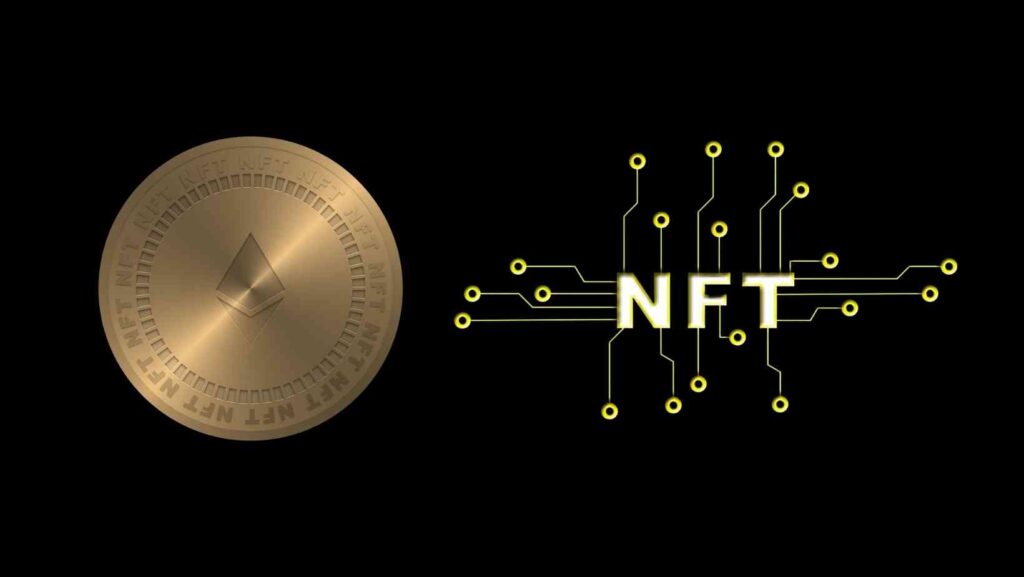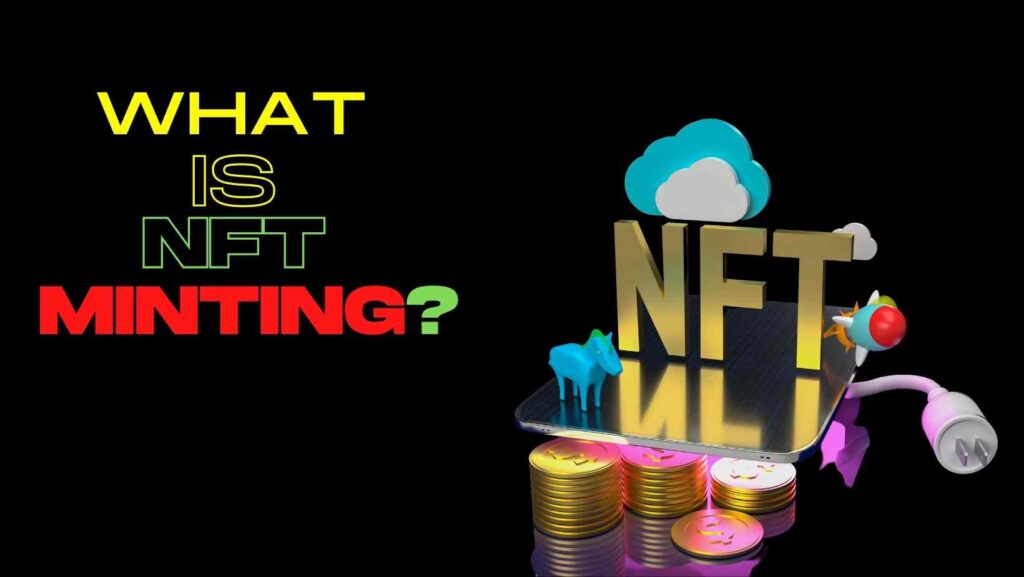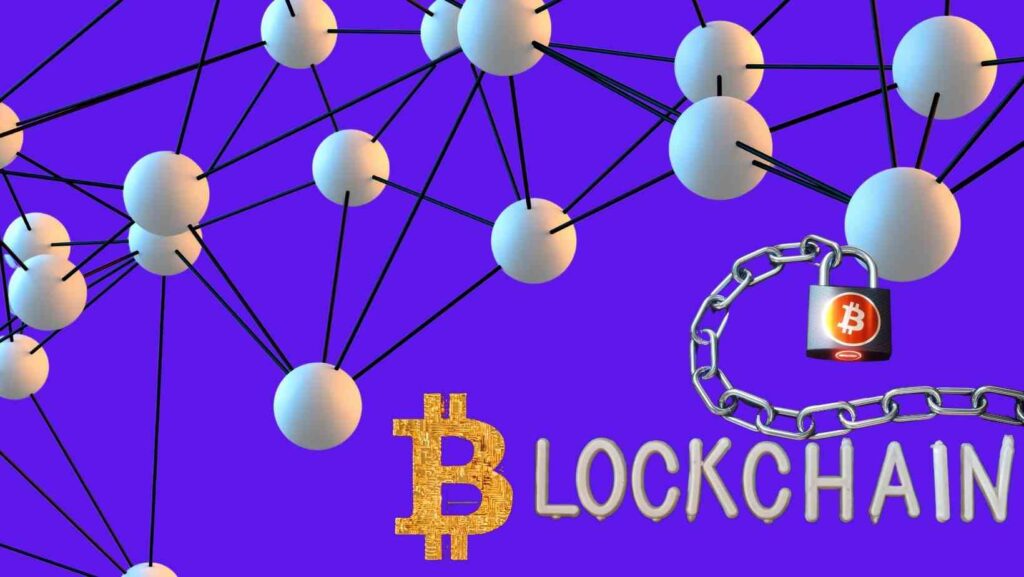Non-fungible tokens or simply NFTs are a new cryptocurrency gaining popularity in the last few years. They are similar to currencies like bitcoin but are only useable by the person that owns the token. It is because, unlike currencies like bitcoin, every token is unique.
There are so many different ERC721 tokens on the market that there’s even a whole section in the new Coinbase merch store dedicated to them.
A non-fungible token (NFT) looks different from all other tokens on the blockchain. Each NFT can hold metadata about its owner, like its name and age. This data can use these details to create a digital scarcity, so even if thousands of users own one NFT, they couldn’t all be the top dog in their age group.
Non-fungible tokens are unique digital assets that can be used on the Ethereum blockchain. Unlike fungible tokens like bitcoin, which are a single unit of currency that anyone can exchange for any other unit, non-fungible tokens are each their own separate units. Because non-fungible tokens can have different values, they can represent an array of real-world assets, from land deeds to stocks in a company.
We’re seeing non-fungible tokens take off in a few different ways. First is through collectibles, where users pool resources and collect items like baseball cards or art pieces on a blockchain. Like traditional collectibles, these non-fungible tokens get assigned new owners whenever someone buys them from someone else. Often in these collectibles, there are strict limitations to prevent people from selling their tokens outside of the platform.
Investing in non-fungible tokens can be a lucrative and fun investment. Since these tokens are not interchangeable, they have a much higher demand and rarity than other types of tokens. Non-fungible tokens are also a good investment because they are not as easy to mine as different types of tokens.
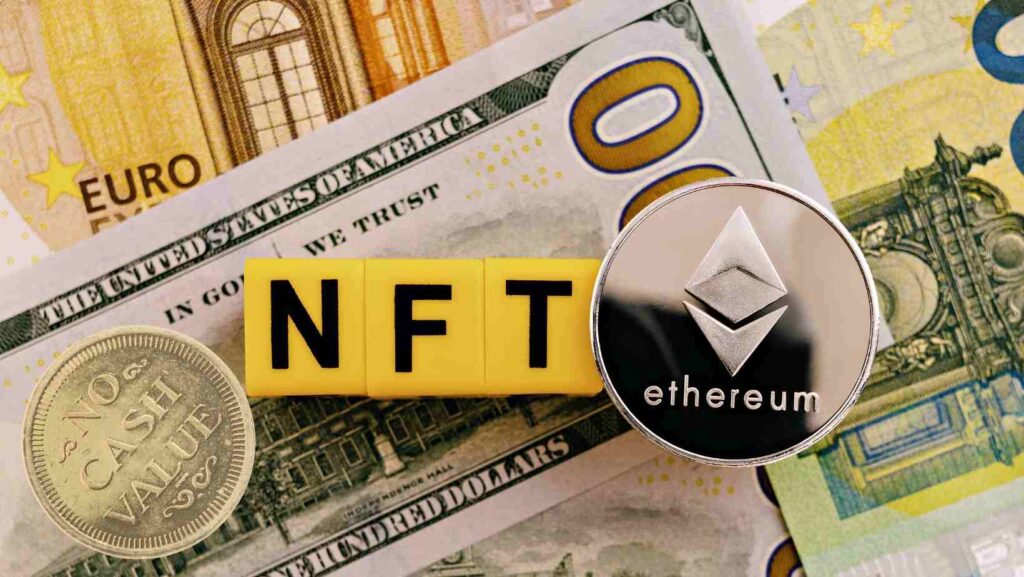
Why you should invest in Non-Fungible Tokens?
The reasons why you should invest in Non-Fungible Tokens. Some benefits include:
- Unique Identification: Each Non-Fungible Token is unique and can be tracked on the blockchain. It makes it ideal for representing unique items or assets.
- Security: The blockchain provides a secure and immutable ledger for tracking Non-Fungible Tokens. It makes it ideal for storing and tracking valuable assets.
- Transparency: All Non-Fungible Tokens transactions are transparent and can be tracked on the blockchain. It makes it easy to verify the authenticity of assets.
- Ease of Use: Non-fungible tokens can be easily transferred and traded on decentralized exchanges. It makes it easy to buy and sell assets.
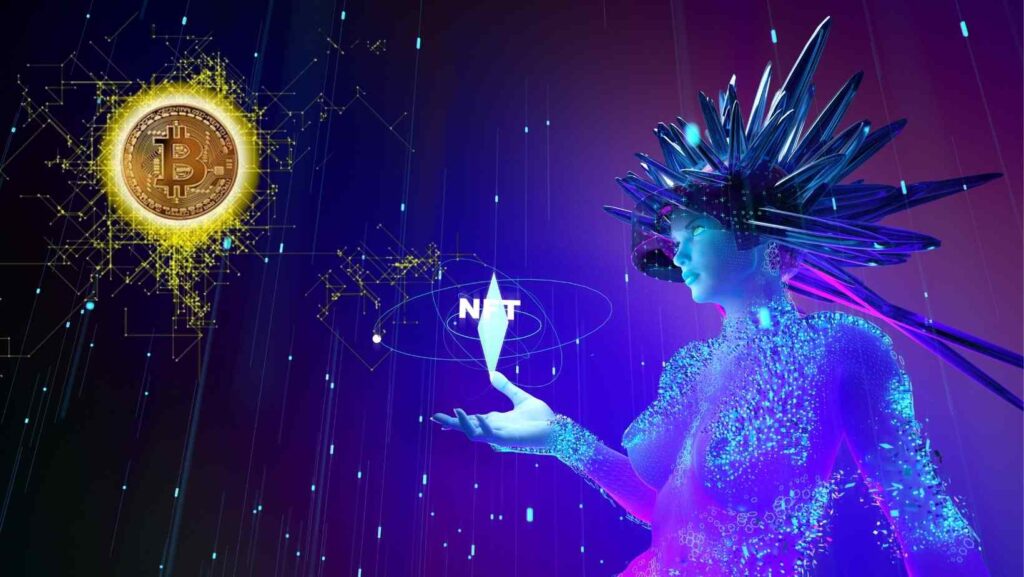
Why NFTs are the future of blockchain technology?
NFTs are unique
One of the critical benefits of NFTs is that they are unique. It means that each token is different from any other and can only be used by the token owner. It makes them ideal for representing digital assets and ownership, as there is no risk of two tokens being identical.
NFTs are secure
NFTs are also secure, as they are stored on the blockchain. It means that they are tamper-proof and cannot be hacked or stolen. It makes them ideal for storing valuable assets and data.
NFTs are easy to trade.
NFTs are also easy to trade, as NFTs can be transferred between users in just a few seconds. It makes them ideal for exchanging assets and data between users.
NFTs are the future of blockchain technology, as they offer many benefits that other blockchain technologies do not. They are secure, unique, and easy to trade, making them ideal for storing and exchanging valuable assets and data.

What are top 5 NFTs?
Non-Fungible Tokens [NFTs] are digital assets built on the Ethereum blockchain. They are not divisible like Bitcoin and Ethereum, and they are indivisible. The key to understanding NFTs is that they are not used as a currency but instead used as digital representations of any asset. Here, we will explore the top 5 Non-Fungible Token examples.
- Cryptocurrencies
Bitcoin, Ethereum, and Litecoin are all examples of non-fungible tokens. Each has a unique history and cryptographic fingerprint that distinguishes it from other tokens.
- Digital Art
Some digital artists create unique art and can only be owned by a single person. These art pieces are stored on a blockchain and can be traded just like any other cryptocurrency.
- IP Addresses
IP addresses are another example of a non-fungible token. Each address is unique and can identify a specific computer or device on the internet.
- Collectible Cards
Collectible cards, such as those for Magic: The Gathering, can be traded and sold on online marketplaces. Each card has unique characteristics that make it valuable to collectors.
- Tickets
Tickets for concerts, sporting events, and other special occasions can also be considered non-fungible tokens. Each ticket has a unique barcode or code that can be used to verify its authenticity.

